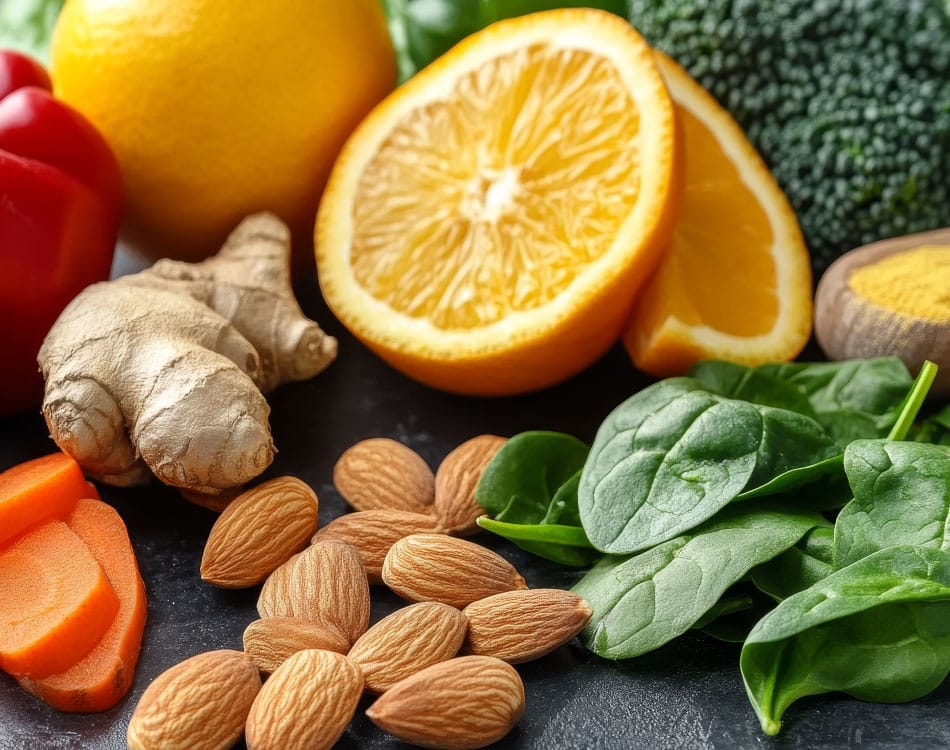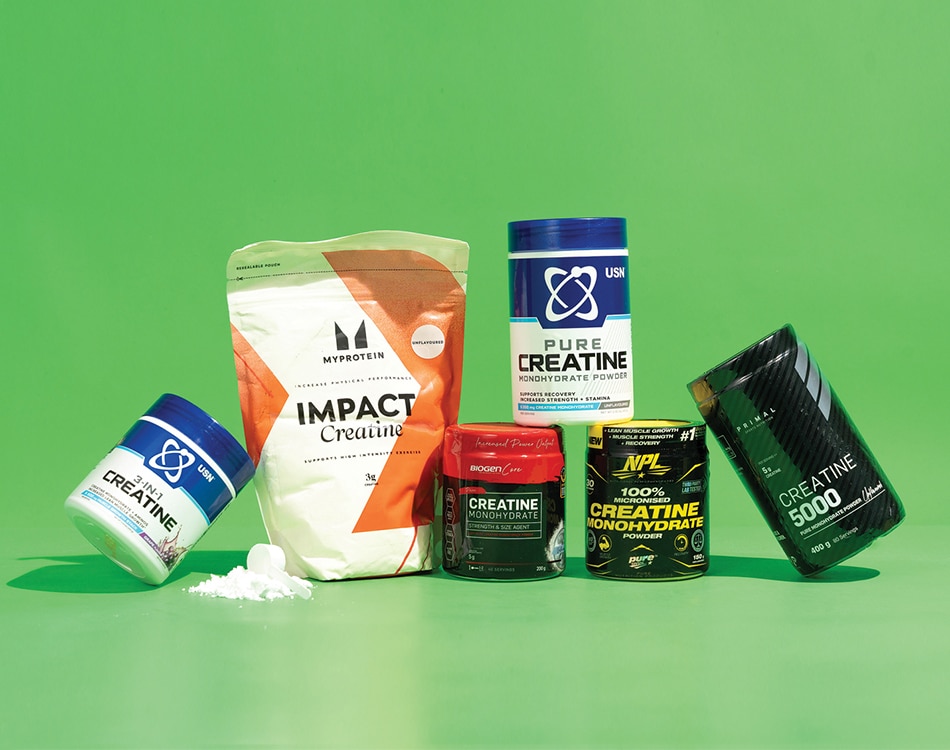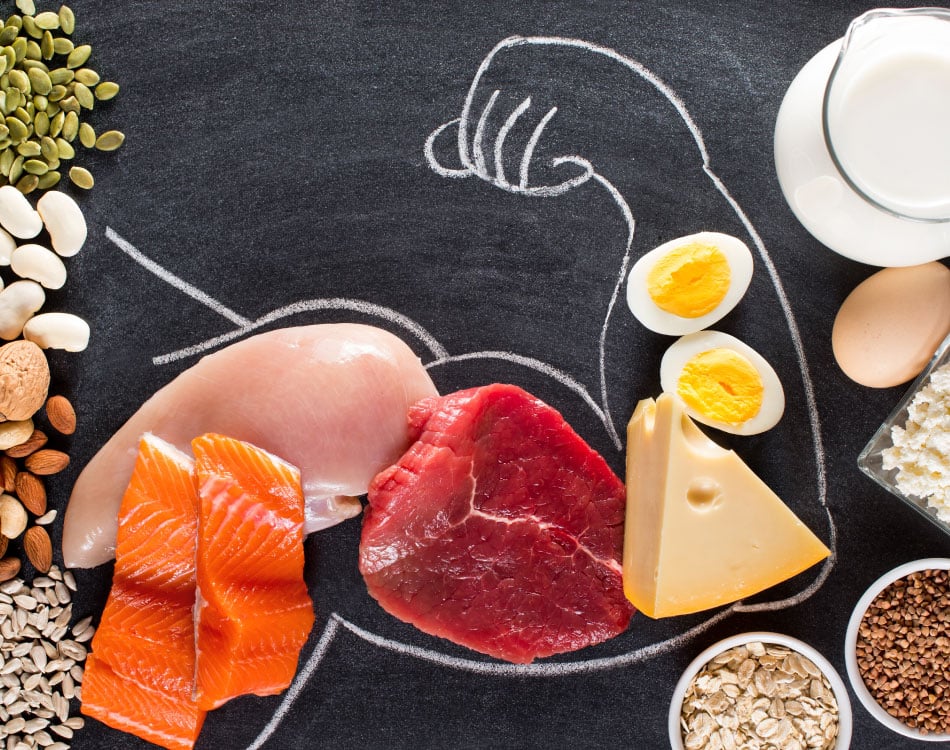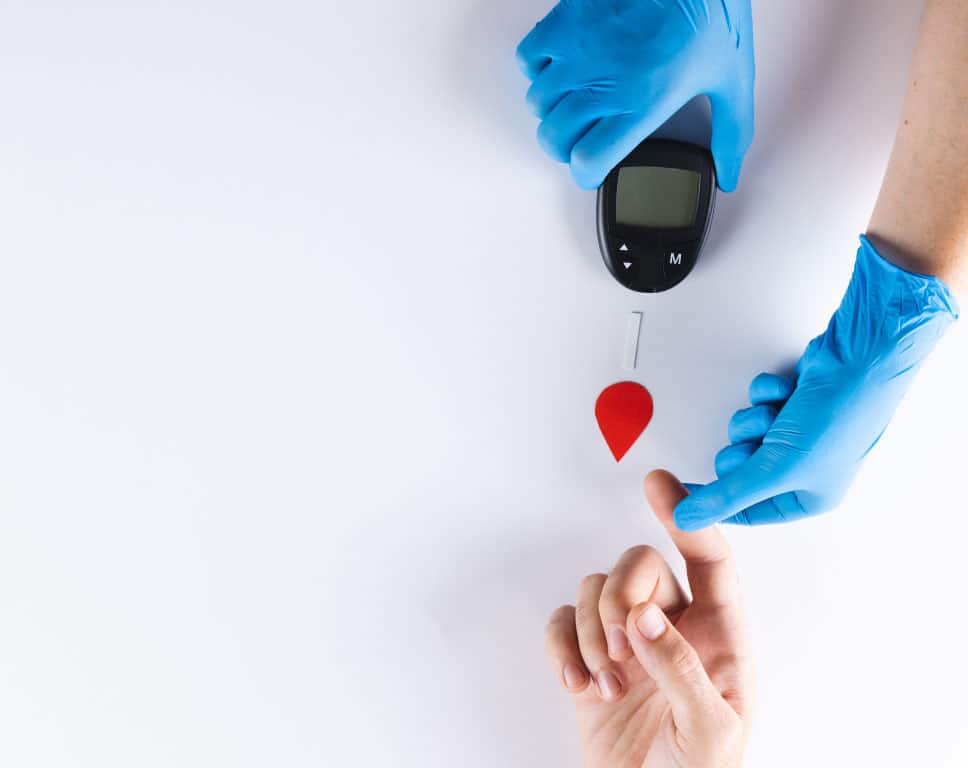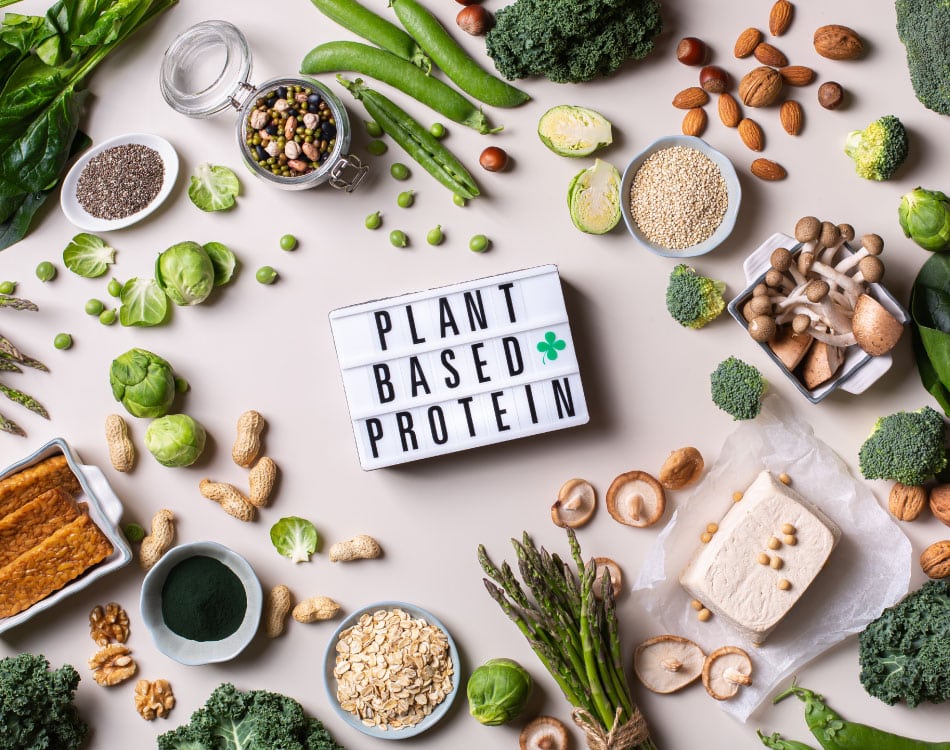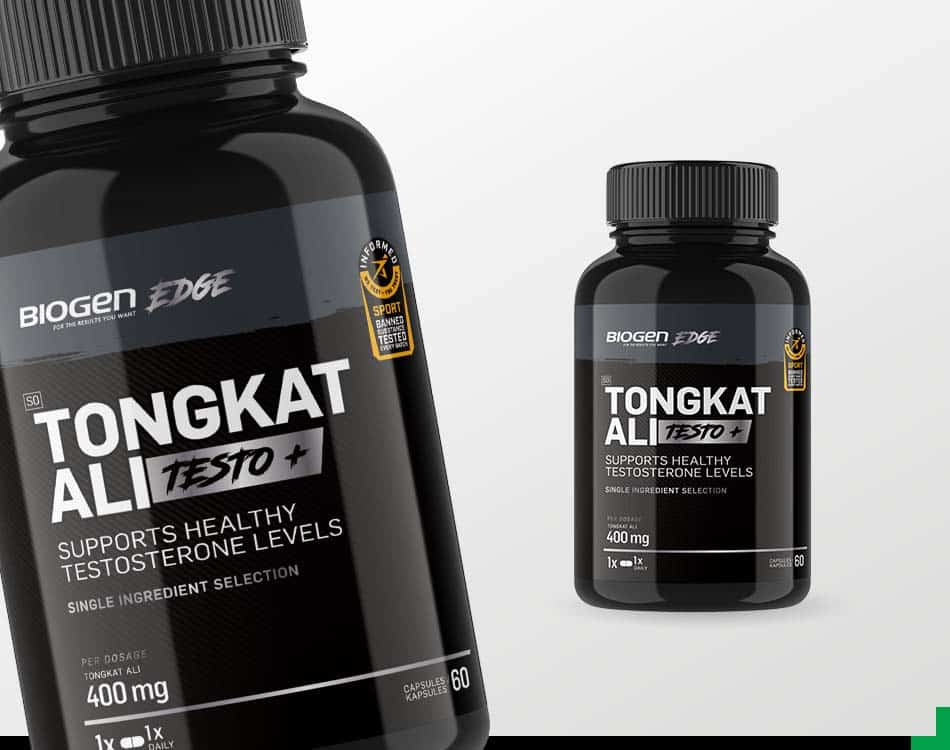Experts warn that while fasting has great health benefits, those pursuing fasting for health or religious reasons should take additional precautions to boost their immunity during Covid-19.
Although there is no evidence to suggest it is unsafe to fast during Covid-19, experts warn that high-risk individuals or those who do fall ill should be extra cautious, consult their doctors and terminate their fast if necessary.
Balance fasting benefits and risks
Health expert Vanessa Ascencao said that fasting is shown to impact positively on blood sugar and blood pressure levels, heart health, weight management, brain function and metabolism but patients with fever and prolonged illness could become severely dehydrated and are at greater risk of contracting illnesses in these circumstances.
Vanessa said: “Fasting, whether for health or religious reasons is a good time to try to shift your perspective on health to a holistic view that includes physical, spiritual, mental, and social wellbeing.”
Fasting guidelines during Covid-19
Vanessa recommends that those fasting should stay hydrated, consume a nutritious diet, use high-quality supplements and follow a healthy lifestyle to help boost immunity.
What to focus on:
- Focus on nourishing the body with whole foods such as fruits and vegetables, plant-based protein, healthy fats such as nuts, seeds, avos and olive oil, and modest amounts high-quality poultry, meat, fish and eggs.
- Eat foods that help boost immunity, exercise regularly and practise deep breathing or meditation.
- Take high-quality supplements such as BetterYou Dlux vitamin D oral spray, proven to work better than pills, Biomax Liposomal Vitamin C, more potent than standard supplements due to liposomal technology, Bio-Berberine Complex, which contains SA green tea extract, Origine 8, berberine and chromium to help regulate blood sugar levels, counter cravings and help fight disease, and Bio-Curcumin, which is the most potent curcumin extract available.
What to avoid:
- Avoid overeating and foods that are damaging to the body, such as fried or processed foods, sugary foods or drinks, refined carbohydrates such as cakes, biscuits or sweets.
- Avoid too many stimulants.
- Avoid stress.




